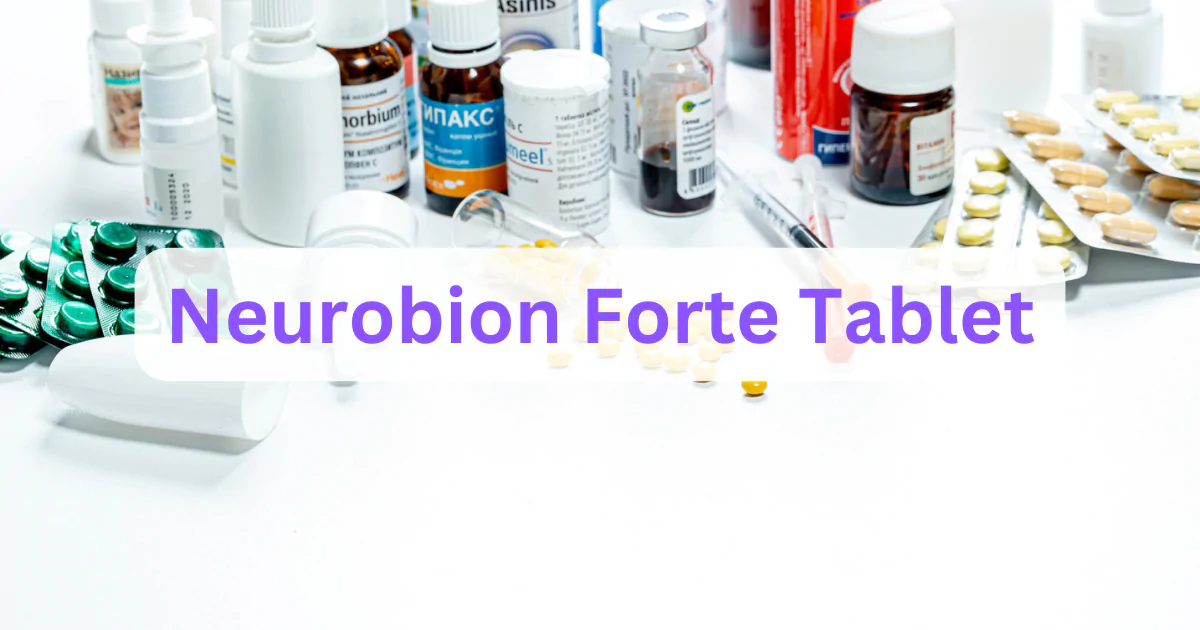The Importance of Nutrition in Daily Life
Nutrition is the cornerstone of a healthy, vibrant life. It’s not just about satisfying hunger or following the latest diet trend; it’s about nourishing our bodies with the essential elements they need to function optimally. Why does nutrition matter so much? Simply put, it forms the foundation of our health and wellness. The food choices we make every day have a profound impact on our physical health, mental clarity, and emotional well-being.
Nutrition also plays a vital role in our daily energy levels, mood, and overall well-being. Have you ever noticed how certain foods make you feel energized and alert, while others leave you feeling sluggish? This is the power of nutrition at work. By fueling our bodies with the right nutrients, we can enhance our cognitive function, improve our mood, and maintain steady energy levels throughout the day.
Fact 1: Nutrition Is More Than Just Food Intake
When we think about nutrition, it’s easy to focus solely on the foods we eat and the calories they contain. However, nutrition encompasses much more than just food intake. It’s about understanding the complex interplay between the nutrients we consume and how our bodies utilize them.
Defining nutrition goes beyond counting calories or macronutrients. It involves the study of how food and its components affect our health, growth, and development. Nutrition is a science that explores how our bodies break down food, absorb nutrients, and use them for various physiological processes.
The role of nutrients in our bodies is multifaceted and essential. Vitamins, minerals, and phytochemicals are not just supplementary elements; they are crucial components that support numerous bodily functions. For instance, vitamin C isn’t just for preventing colds; it’s vital for collagen production, wound healing, and acting as an antioxidant. Minerals like calcium and magnesium are not only important for strong bones but also play key roles in muscle function and nerve signaling.
Taking a holistic view of nutrition reveals the intricate interconnection between what we eat and how our bodies function. Every system in our body, from the immune system to the nervous system, relies on proper nutrition to operate effectively. This interconnectedness underscores the importance of a varied, nutrient-rich diet that supports overall health and well-being.
Fact 2: Macronutrients and Micronutrients: The Building Blocks of Nutrition
Understanding the building blocks of nutrition is essential for making informed dietary choices. These building blocks are categorized into two main groups: macronutrients and micronutrients.
Macronutrients are the nutrients our bodies need in large quantities. They include carbohydrates, proteins, and fats. Carbohydrates are our body’s primary source of energy, fueling our brain and muscles. Proteins are crucial for building and repairing tissues, as well as producing enzymes and hormones. Fats, often misunderstood, are essential for hormone production, nutrient absorption, and providing a concentrated source of energy.
While macronutrients are needed in larger amounts, micronutrients are equally vital, albeit in smaller quantities. Vitamins and minerals fall into this category. These essential compounds play critical roles in various bodily functions. For example, iron is necessary for oxygen transport in the blood, while vitamin D is crucial for bone health and immune function. Without adequate micronutrients, our bodies cannot perform optimally, leading to various health issues.
Balancing macronutrients and micronutrients is key to optimal health. A well-balanced diet should provide the right proportions of carbohydrates, proteins, and fats, along with a diverse array of vitamins and minerals. This balance supports overall health, helps maintain a healthy weight, and reduces the risk of chronic diseases.
Fact 3: The Impact of Nutrition on Physical and Mental Health
The food we eat doesn’t just affect our physical appearance; it has a profound impact on both our physical and mental health. Good nutrition is a cornerstone of disease prevention and fitness. A diet rich in fruits, vegetables, whole grains, and lean proteins can help reduce the risk of heart disease, diabetes, and certain cancers. Moreover, proper nutrition supports physical fitness by providing the necessary fuel for exercise and the building blocks for muscle repair and growth.
The link between nutrition and mental health is increasingly recognized in scientific research. Our brains require a constant supply of nutrients to function properly. Omega-3 fatty acids, for instance, are crucial for brain health and have been linked to reduced risk of depression and cognitive decline. B vitamins play a vital role in neurotransmitter production, affecting mood and cognitive function. Feeding our brains with the right nutrients can enhance mental clarity, improve mood stability, and even help manage conditions like anxiety and depression.
Antioxidants and anti-inflammatory foods also play a significant role in promoting overall health. These compounds, found in colorful fruits and vegetables, nuts, and fatty fish, help combat oxidative stress and inflammation in the body. Chronic inflammation is linked to numerous health issues, including heart disease and certain cancers. By incorporating these foods into our diet, we can support our body’s natural defense mechanisms and promote long-term health.
Fact 4: The Importance of a Balanced Diet for Overall Well-being
A balanced diet is fundamental to overall well-being, but what exactly constitutes a balanced diet? At its core, a balanced diet includes a variety of foods from all food groups in appropriate proportions. This means incorporating fruits, vegetables, whole grains, lean proteins, and healthy fats into your daily meals. Each food group provides unique nutrients that our bodies need to function optimally.
Building a balanced plate doesn’t have to be complicated. A simple rule of thumb is to fill half your plate with fruits and vegetables, a quarter with whole grains, and a quarter with lean protein. Pay attention to portion sizes to avoid overeating. Diversity in food choices is key – the more variety in your diet, the more likely you are to meet all your nutritional needs.
The consequences of imbalanced nutrition can be significant. Nutritional deficiencies can lead to a range of health problems, from fatigue and weakened immunity to more serious conditions like osteoporosis or anemia. On the other hand, overconsumption of certain nutrients, particularly added sugars and unhealthy fats, can contribute to chronic diseases like obesity, type 2 diabetes, and heart disease. Striving for balance in your diet is crucial for preventing these health issues and promoting overall well-being.
Fact 5: Nutrition Myths vs. Facts: Separating Truth from Fiction
In the age of information overload, it’s crucial to distinguish between nutrition myths and facts. Many common beliefs about nutrition are not supported by scientific evidence. For instance, the idea that all fats are bad for you is a myth; in fact, certain fats, like those found in avocados and nuts, are essential for health. Another common myth is that skipping meals is an effective way to lose weight, when in reality, it can slow down metabolism and lead to overeating later.
When it comes to popular diet trends, it’s important to approach them with a critical eye. Fad diets often promise quick fixes but can be unsustainable and even harmful in the long run. Sustainable eating is about making long-term changes to your diet that you can maintain over time. This typically involves a balanced approach to eating rather than extreme restrictions or eliminations.
Navigating the sea of nutritional information can be challenging. To identify reliable information, look for sources backed by scientific research and reputable health organizations. Be wary of claims that sound too good to be true or that promise miracle cures. Remember, good nutrition is about consistency and balance, not quick fixes or extreme measures.
Conclusion: Empowering Yourself with Nutritional Knowledge
Understanding nutrition is a powerful tool for taking control of your health. We’ve explored five key facts about nutrition: its comprehensive nature beyond just food intake, the importance of both macro and micronutrients, its impact on physical and mental health, the necessity of a balanced diet, and the importance of distinguishing nutrition facts from myths.
Embarking on a journey towards better nutrition doesn’t require drastic changes overnight. Start with small, sustainable changes. Perhaps begin by adding more fruits and vegetables to your meals, or by being more mindful of portion sizes. Remember, every positive choice you make contributes to your overall health and well-being.
In conclusion, nutrition is a fundamental aspect of our lives that goes far beyond simply satisfying hunger. It’s about nourishing our bodies, supporting our mental health, and preventing diseases. By making informed choices about what we eat, we invest in our long-term health and vitality. Let this knowledge empower you to make nutritious choices that support a healthy, vibrant life.








